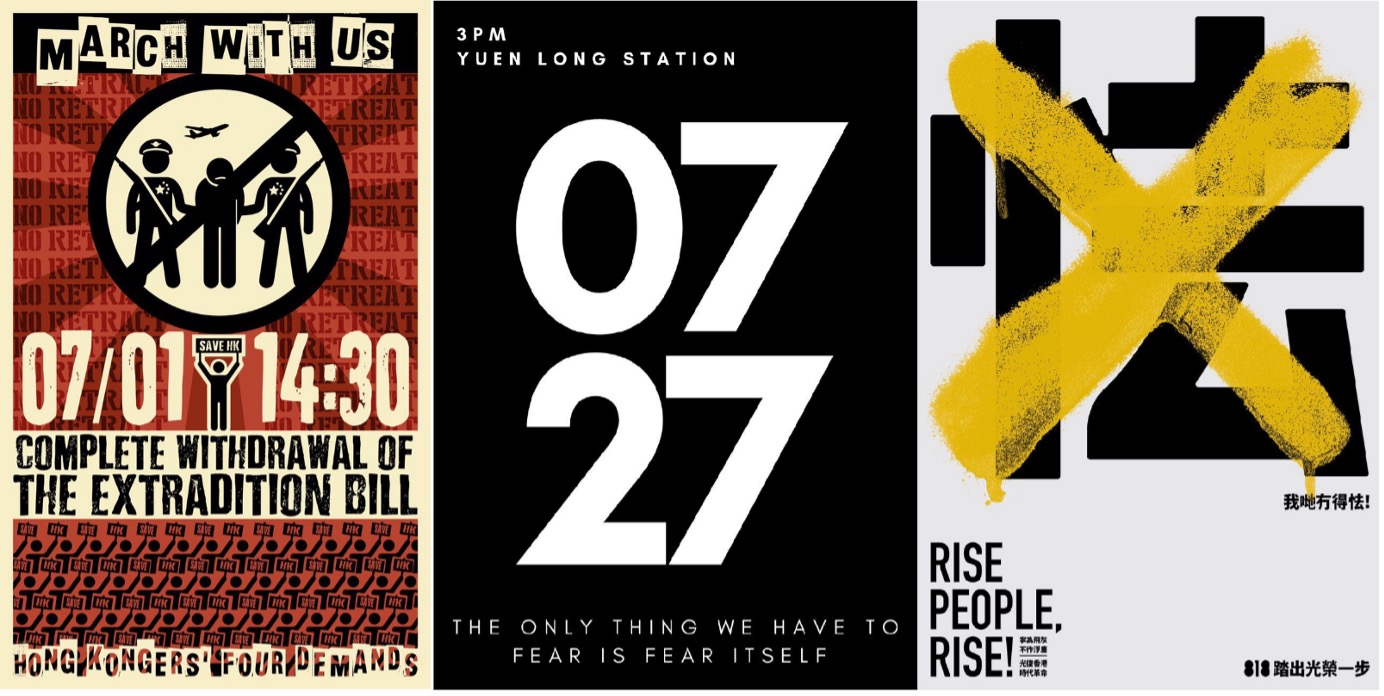
Abstract
This paper demonstrates that the ‘gamification’ of the 2019-220 Hong Kong extradition protests was instrumental to the longevity of the protests and their success in repealing the Extradition Bill. Two elements of the protests are identified to be both crucial and game-like: the ‘play’ and the ‘meta-game’ elements of the protest. The play element is best exemplified by the mobile application colloquially known as ‘Popomon Go’, where ‘players’ are incentivized to go on ‘missions’ to seek and geotag police officers to form a heat-map of police officers throughout Hong Kong, as well as gather their personal data. The meta-game element, on the other hand, looks at every other aspect of those games except the gameplay. The combination of these two elements helped an apparently leaderless civil disobedience movement evade mass arrest, reduce anxiety, and increase efficiency, but also led to a long period of civil disobedience, thus placing more pressure on policy decision makers.
Image: Digital posters advertising Hong Kong protest events that circulated on Telegram (Anonymous, 2019)
- Hong Kong,
- protest,
- video games,
- cyberbullying,
- civil disobedience,
- gamification
